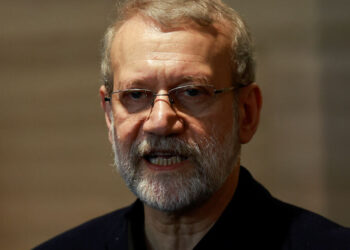BERLIN (Realist English). A new poll by the INSA institute has revealed that 56% of Germans disapprove of Chancellor Friedrich Merz’s job performance, with public confidence in the CDU-led coalition sharply declining amid growing discontent over foreign policy and military spending.
The survey, commissioned by Bild and published Sunday, shows a steep drop in support compared to early June, when 44% of respondents were dissatisfied with Merz. That number has now surged to nearly 60%, while approval for the coalition has slipped below one-third of voters.
The data indicates that Merz’s Christian Democratic Union (CDU), in partnership with the Social Democratic Party (SPD), would struggle to form a majority government if elections were held today. The CDU currently polls at 27%, while the SPD trails at just 15%. Meanwhile, the right-wing Alternative for Germany (AfD) has narrowed the gap, polling within three points of the CDU.
Analysts point to Merz’s foreign policy stance as a major factor behind the erosion of public trust. His administration has pledged €5 billion in additional funding to support weapons production for Ukraine, including long-range missile systems capable of striking deep into Russian territory.
The chancellor’s recent proposal to supply Taurus cruise missiles to Ukraine—missiles capable of reaching Moscow—has sparked intense debate inside Germany. Critics accuse Merz of aligning too closely with Washington’s military agenda and failing to articulate a coherent diplomatic strategy.
Earlier this month, Merz declared that all diplomatic avenues with Russia had been “exhausted,” a statement that drew a sharp rebuke from Russian Foreign Minister Sergey Lavrov, who accused Western European leaders of dragging the continent into direct confrontation with Moscow.
Since the start of Russia’s full-scale operation in Ukraine in February 2022, Germany has faced sustained pressure from the United States and other NATO allies to ramp up military aid to Kyiv. Berlin has since committed tens of billions of euros in arms, ammunition, and equipment, even as public opinion remains increasingly divided over the long-term consequences.


















